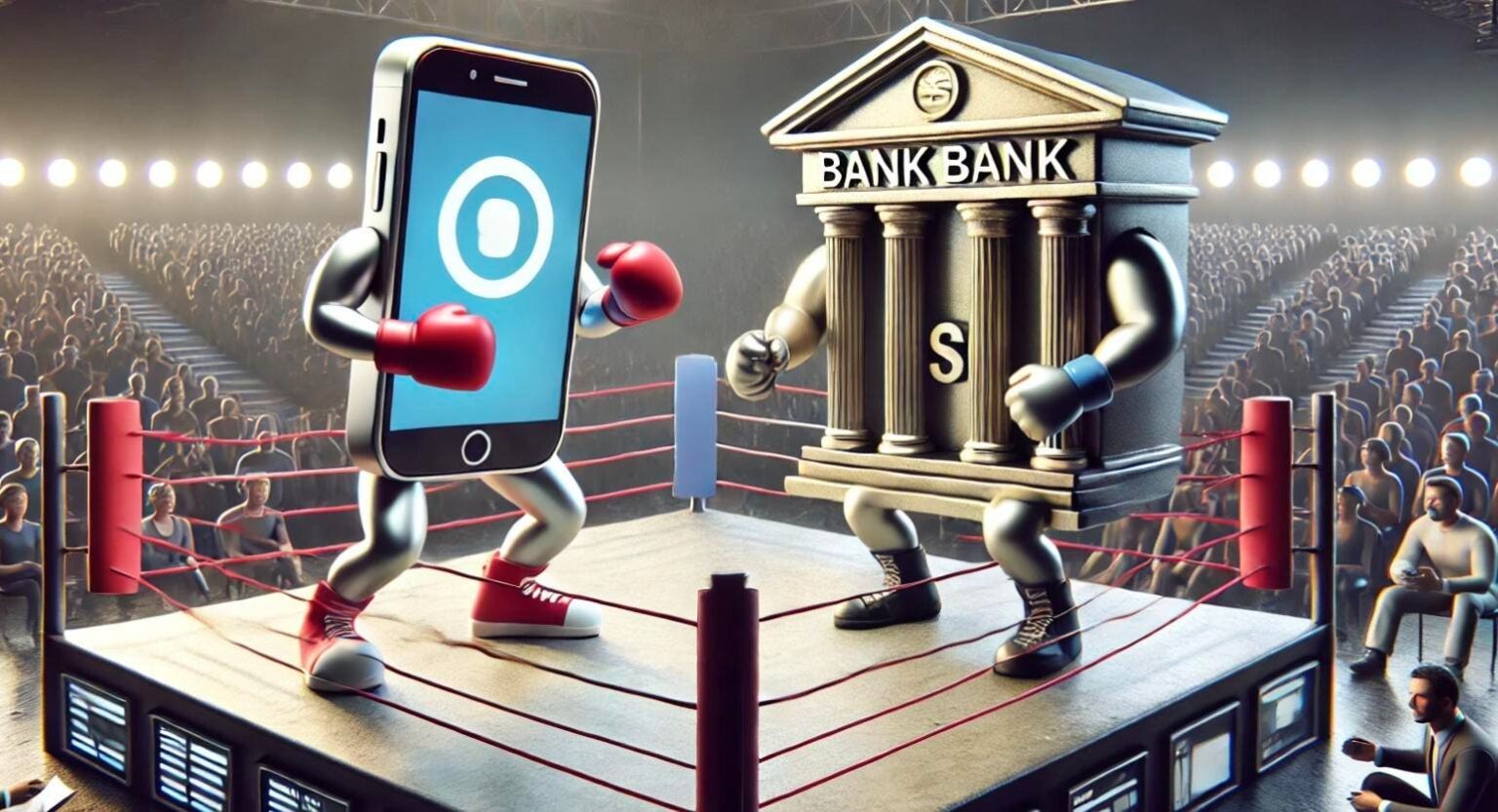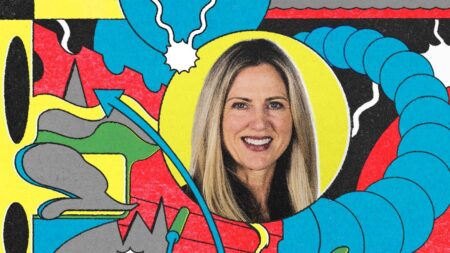OBSERVATIONS FROM THE FINTECH SNARK TANK
A new study from Cornerstone Advisors, looking at the financial services providers that Americans opened checking accounts with in 2024, underscores the continued dominance of digital banks and fintechs like Chime, PayPal, and Square in the checking account market.
What’s going on in the checking account market?
- Digital banks and fintechs dominate new checking accounts opened…Digital banks and fintechs captured nearly half (44%) of all new checking accounts opened in 2024. Combined, megabanks (Bank of America, Chase, Citi, and Wells Fargo) and regional banks (those with $100 billion to $1 trillion in assets) accounted for 43% of all accounts opened.
- …although their share slipped from 2023. Digital banks’ and fintechs’ 44% market share was down from 47% in 2023, as megabanks gained back three points and regional banks won back two percentage points.
- Chime and PayPal dominate. Combined, the two companies accounted for nearly half (49%) of digital bank/fintech account openings—up from 43% in 2023—and 21% of all checking accounts opened in 2024.
- Winners and losers. PayPal, PNC, and Wells Fargo each grew their share of new accounts opened by two percentage points in 2024. Community banks’ share, however, declined by two percentage points, while TD Bank saw its share drop by 2.5%. The biggest decline was turned in by a digital bank—Varo Bank—whose share of new accounts opened dropped 2.7%.
In 2023, 14% of Americans opened a new checking account, in line with 2022 when 15% of consumers opened a new checking account. In 2024, however, that percentage dipped to 12%, which means the winners—the banks and fintechs whose market share increased—gained share of opened checking accounts in a shrinking market.
Why Digital Banks and Fintechs are Dominating Checking Accounts
Why do digital banks and fintechs dominate? It’s not because they offer a better “mobile banking” experience (they don’t). In fact, just one in five consumers who opened a checking account in 2024 said they did so because they were looking for a better mobile experience.
Digital banks and fintechs continue to dominate new checking account openings because of their product offerings. The accounts are more like reconfigured mashups of features and functionality from separate financial products or services.
Bankers may claim that it’s inaccurate to call what PayPal or Square offer a “checking account,” but young consumers don’t differentiate between a checking account and a spending account—they don’t care about this distinction. When asked who provided the last “checking” account they opened, many say PayPal, Square Cash App, SoFi, and even Venmo.
How the Big Banks Are Fighting Back to Win New Checking Accounts: Mo’ Money
The megabanks and regional banks, collectively, rebounded five percentage points from 2023 when they held a 38% share of new checking accounts opened. How did they do it? By throwing money at prospective customers.
A Google search for “checking account offers” reveals the extent to which the large banks are willing to “buy” new customers. The graphic below is not an advertisement stuck into this article by Forbes—it’s a screen shot from a Google search for “checking account offers.”
The search results screen shot doesn’t show the offer from JPMorgan Chase, where a new customer could earn $900 from opening a new account by getting $300 for setting up direct deposit, $200 for putting $15,000 or more in a new Chase Savings account (within 30 days), and another $400 for doing both of the above.
In addition to the account opening bonuses, banks like Capital One, PNC, and BMO now offer high-yield savings accounts with annual percentage yields around 4%.
Fintechs’ Primary Checking Account Problem
Despite their dominance in new account openings, fintechs and digital banks have a looming problem: Fewer Gen Zers, Millennials, and Gen Xers now consider a fintech or digital bank to be their primary checking account provider than they did in 2023.
Half of the Americans who opened a checking account in 2024 have two or more checking accounts. They’re opening accounts to get a free or lower-fee account (from the one they already have), or simply to try out a new account. They’re not necessarily making their new account their primary account, however.
Last year, more than third of Gen Zers and Millennials, and nearly three in 10 Gen Xers, called a fintech or digital bank their primary checking account provider. Today, just 29% of Gen Zers and Millennials—and just 22% of Gen Xers—consider a fintech or digital bank to be their primary checking account provider.
Among digital banks and fintechs, the big mover—and not in a positive way—was Chime. In 2023, 10% of Americans considered Chime to be their primary checking account provider. In 2024, that percentage fell to 6.5%. Causing this decline was a 6-point drop in the percentage—from 12.3% to 6.3%—of Gen Zers who consider Chime to be their primary checking account provider.
Chime may have been the big mover, but 10 of the 13 named fintechs and digital banks—including PayPal, Square Cash App, and Ally—saw a decline in the percentage of Gen Zers who consider a digital bank or fintech their primary checking account provider according to Cornerstone’s study.
What happened? A couple of theories:
1) Gen Z backlash. Emerging generations love to rebel and disavow the previous generation(s). Gen Zers may see Chime as “Millennials’ bank” and may not see it as the cool fintech to bank with. In a YouGov study of bank customer satisfaction, Chime was ranked number six among Millennials and fourth among Gen Xers—but wasn’t even in the top 10 among Gen Zers.
2) Limited product set. To increase their fee income, many banks, credit unions, and fintechs bundle—for a fee—digital services like subscription management, credit score management, identity theft protection, and data breach protection with their checking accounts as a means to grow revenue. A 2022 study from Cornerstone Advisors found that a high percentage of Chime customers are very interested in getting those services bundled with a Chime checking account. Chime, however, has yet to diversify its product offerings.
Read the full article here











